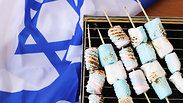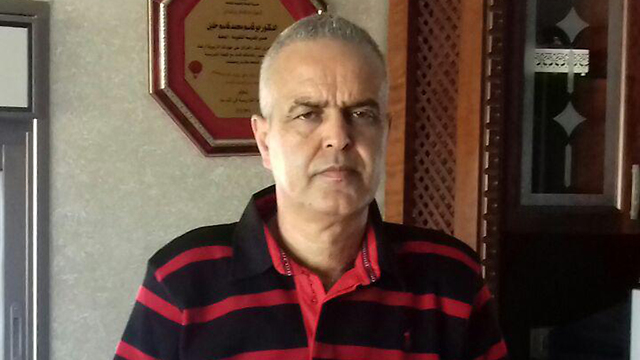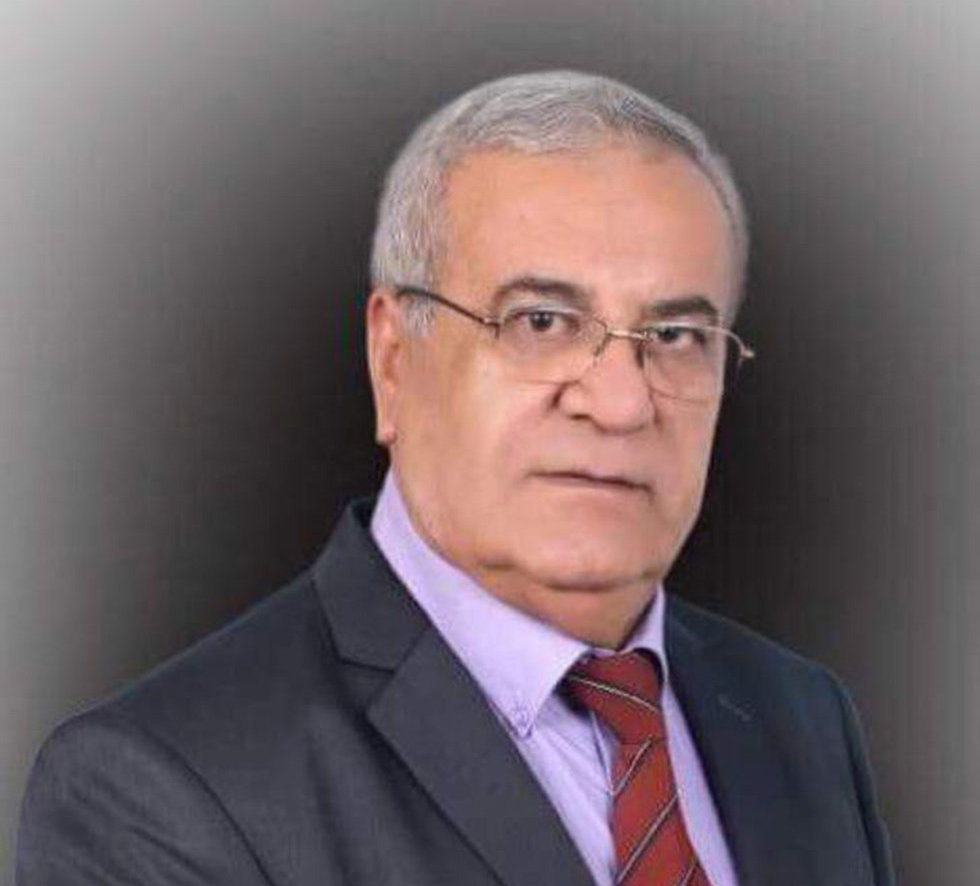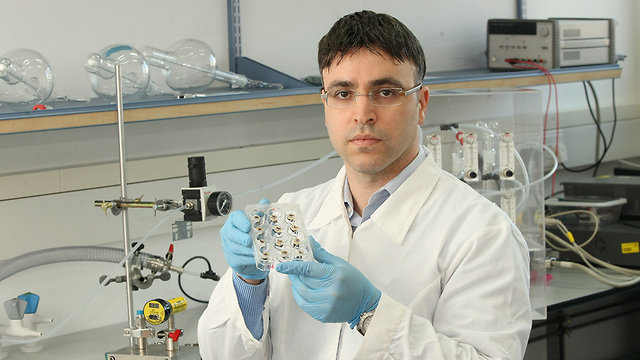
For Arab Israeli students, Independence Day is Nakba Day
Most Arab schools ignore Independence Day, with school administrators citing lack of connection Arab citizens feel towards the event; some Arab schools do however broach the topic, especially among Bedouins.
Principals of Arab schools in Israel don't plan to ignore the country's 70th Independence Day, but they're also not going to toe the line with the way the holiday is marked in Jewish schools.
There are 388,000 students from the Arab sector in the Israeli education system in nearly 4,000 different educational institutions, and they too will have no studies on Independence Day.
According to the 2016 Democracy Index conducted by the Israel Democracy Institute, the Israeli identity of Israeli Arabs is only second to their religious identity, parallel to their Arab identity and ahead of their Palestinian identity. 55 percent stated that they were proud to be Israelis while 38 percent said that it gave them no pride.
Dozens of school principals, heads of education departments in the Arab sector and even academics refused to be interviewed for this story and talk about how and if they mark Independence Day in Arab schools.
Those who did agree to be interviewed admitted there is an intentional silence observed around the holiday. "For the children, it's just another day off," one of them said. "They don't even know what Independence Day is. This situation is convenient to all."
According to Dr. Khaled Abu Abasa, director of the Masar Institute for Education, schools in the Arab sector ignore Independence Day as a general rule.
"I don't think they mark that day in any way," he said. "The schools remain closed and Independence Day goes by silently. They don't talk about it, and they move on, and that's a shame. The teachers and principals are afaird to discuss the topic."
Dr. Abasa dubbed it the "culture of silence" prevalent in Arab sector schools. "They try to move on and not talk about political issues, and later we meet the Arab students in academia and find out they have no basic knowledge of their history," he said.
"In addition, there is a culture of intimidation. Meaning, the teachers and principals are trying not to discuss values, because it requires a very serious and deep discussion. The schools are achievement-oriented, and less about political education," Dr. Abasa explained.
"As for Independence Day, the children simply don't know that holiday, and don't understand its meaning at all," he continued.
Dr. Abasa called to open these thorny issues up for discussion in Arab schools, but noted that "for that, we need the backing of the Education Ministry, because policy comes from above."
"Ultimately, this is a Jewish and democratic state," said an Education Ministry source. "The system operates according to the principles of the Declaration of Independence, recognizing the right of minorities in the state, and thereby makes the necessary adjustments in the school system, but certainly, it is impossible to please everyone."
"I live in this country and respect it, but I have no connection to this day," says the director of the education department in one of the Arab municipalities. "The principals in the Arab sector do not feel a connection to this day, and rightly so.
"The state has not done enough to connect us and we do not feel that this day is relevant to us," he continued. "We have to think about how to connect the citizens to the country, but we are different and we are in a situation that is unnatural."
For them, he explained, Independence Day represents a dark chapter in their history. "This day is our Nakba (catastrophe) Day, that is the truth. Perhaps if we were to receive recognition, the feeling will change, but as long as that is not the case, how can we identify?"
However, the administrator pointed out that among the Bedouin sector, the situation is slightly different from that in the Arab sector. "Because of militay service, some schools in the Bedouin sector certainly mark Independence Day."
Muhammad Khalil, a principal of a high school in Bi'ina, is among the few who do mark Independence Day.
"As a principal, I believe we have to be an inseparable part of the state," he said. "We'll give students the freedom to express themselves and ask questions about this day. Even if the students don't talk about this to us at school, they are certainly talking about the Nakba with their parents and family. I personally encourage my students to be a part of the country and be loyal citizens, but we have a problem."
In response to the assertions, the Ministry of Education described the "Image of Israel" project on the occasion of the 70th anniversary celebrations, which will also take place in the non-Jewish sector. As part of the project, students are exposed to significant landmarks in the history of the state.
The Ministry stressed that events related to the Arab sector will also be integrated into the program, including the abolition of military rule over Israeli Arabs, the Six-Day War, Land Day events, the first direct broadcast of Voice of Israel Radio in Arabic and the research contribution of Prof. Hossam Haick from the Technion Engineering Faculty. However, the ministry stresses that the choice of topics and the manner of dealing with the project is subject to the consideration of the schools.













